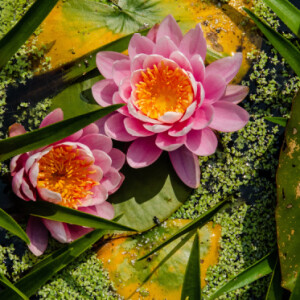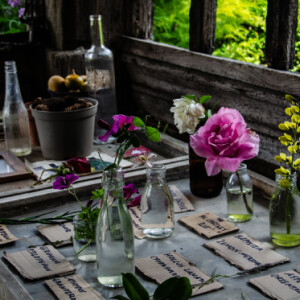A Wonder Of The Weald
Today we decided to continue our recent habit of visiting gardens and this time decided on a return to Great Dixter, near Northiam in East Sussex, which we haven't visited for quite a few years.
It was the family home of the renowned gardener and writer Christopher Lloyd (1921 - 2006) who devoted his lifetime to creating what has been described as one of the most experimental, exciting, original and constantly changing gardens of the 20th Century.
The Grade I listed garden has a wide variety of horticultural interest from carpets of meadow flowers to glorious mixed borders, including the famous Long Border, yew topiary, natural ponds and sub-tropical, sunken and walled gardens all set within a 72 acre estate in the High Weald National Landscape.
Considering it was the middle of the week we assumed it wouldn't be too busy but when we arrived we were quite surprised to find it was absolutely mobbed with the car parks full to overflowing and several coach parties in full attendance.
Despite having to make our ways through the throngs it was still a wonderful sight to behold and it really did live up to its reputation of being vibrant, daring and immersive. The sheer abundance of planting, a fair share of which even extended above head height, was really quite astonishing and at times almost overwhelming.
I felt is if I wanted to capture as many different aspects of the garden as I could so my main image was taken in the sunken garden where I wasn't quite sure if the couple on the right hand side of the shot were posing for someone else or just exasperated at how long I was taking to get my shot (the guy's passive aggressive looking folded arms suggest the latter!) before they could continue their progress along the garden path, with my first extra being a close-up of some of the spectacular lily pad flowers in one of the natural ponds and my last image being a display of cut flowers and plants with their accompanying Latin names in the porch of 15th Century Grade I listed house restored and extended by Sir Edwin Lutyens. It truly is a wonder of the Weald!


Comments
Sign in or get an account to comment.


